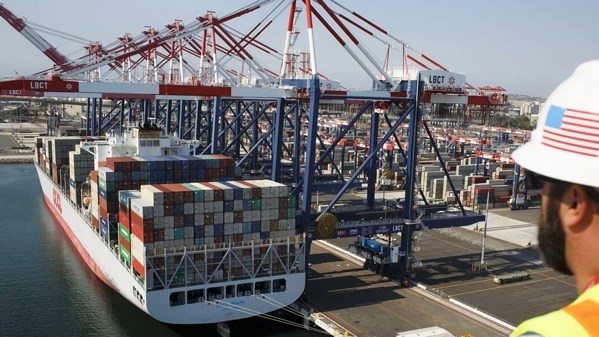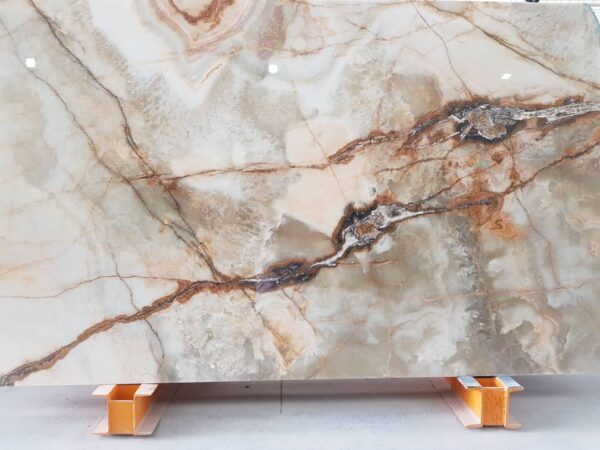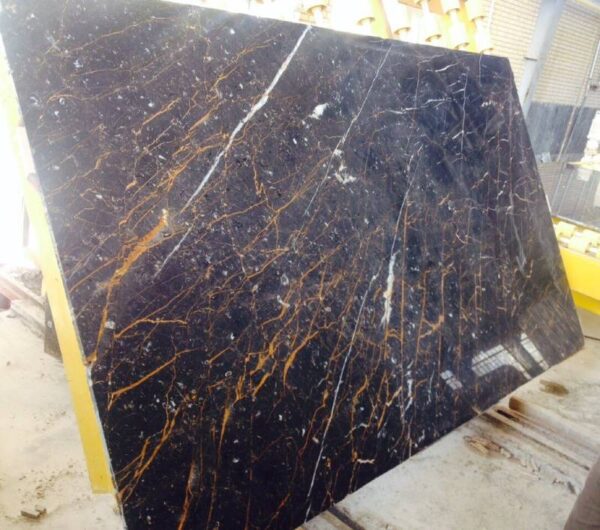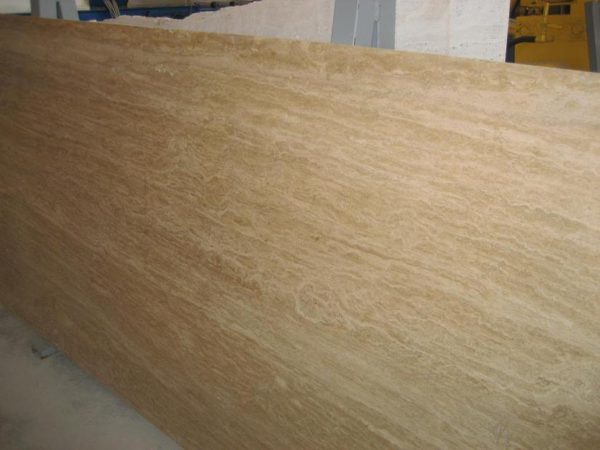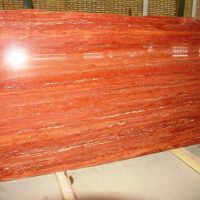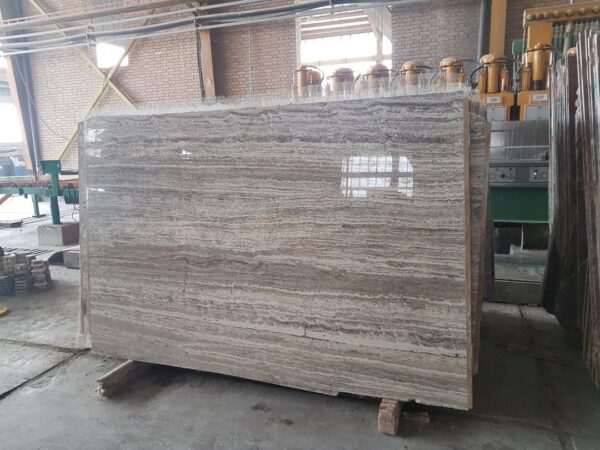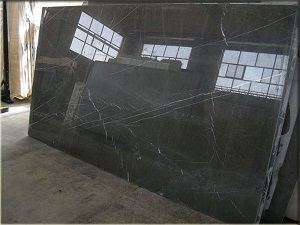A Key Opportunity for Global Suppliers
Africa is a rapidly growing market for natural stone, with increasing demand driven by booming infrastructure projects, residential developments, and commercial constructions. As the construction and design industries continue to expand, exporting stone to Africa presents a significant opportunity for global suppliers. This article explores the most exported stones to Africa, including granite, marble, limestone, and sandstone, and why they are in high demand across the continent.
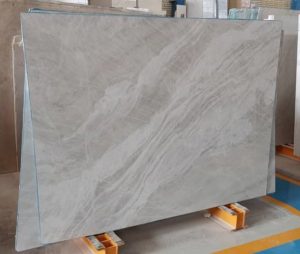

Key Stones Exported to Africa
Natural stone is a critical component in many construction and design projects in Africa. The most commonly exported stones include granite, marble, limestone, and sandstone. Each stone serves unique purposes, offering beauty, durability, and practicality for a wide range of applications.
1. Granite
Granite is the most widely exported stone to Africa due to its exceptional durability and versatility. It is used in both residential and commercial projects, including countertops, flooring, exterior cladding, and monuments. Granite’s resistance to scratches, heat, and harsh weather conditions makes it ideal for a variety of environments in Africa.
- Applications: Kitchen countertops, flooring, facades, monuments
- Benefits: Highly durable, scratch and heat-resistant, wide variety of colors and patterns, low maintenance
2. Marble
Marble is another stone with strong demand in Africa, particularly for high-end residential and commercial developments. Its luxurious appearance and smooth texture make it a popular choice for flooring, wall cladding, and decorative elements in high-profile buildings. The elegance of marble enhances the aesthetics of luxury projects across the continent.
- Applications: Flooring, countertops, wall cladding, decorative accents
- Benefits: Elegant appearance, wide color and pattern options, ideal for luxury spaces
3. Limestone
Limestone is a widely usable stone in Africa due to its affordability and natural aesthetic. It is used in various applications, including exterior facades, paving, and landscaping. The soft, easy-to-cut nature of limestone makes it a popular choice for large-scale construction and outdoor projects, particularly in warm, dry climates.
- Applications: Paving, exterior walls, landscaping, cladding
- Benefits: Cost-effective, natural texture, versatile, ideal for outdoor and large-scale projects
4. Sandstone
Sandstone is increasingly popular in Africa for its durability, attractive appearance, and easy workability. It is commonly uses in outdoor applications such as paving, landscaping, and facades. With its range of colors and textures, sandstone is a preferred choice for projects requiring a natural, rustic look.
- Applications: Paving, exterior facades, landscaping, cladding
- Benefits: Durable, weather-resistant, available in various colors, versatile for outdoor use
Why These Stones Are in High Demand in Africa
Several factors contribute to the popularity of these stones in Africa, making them essential for construction and design projects.
1. Durability for Diverse Climates
Stones like granite and marble are highly valuble in Africa due to their ability to withstand harsh weather conditions. Africa’s climate varies widely, from hot and dry regions to humid areas, so stones that are resistant to wear and tear and can endure extreme weather are essential for long-lasting structures.
2. Aesthetic Appeal for Luxury and Commercial Projects
The demand for high-quality marble, granite, and sandstone is driven by the desire for luxurious and attractive finishes in both residential and commercial projects. These stones are favored for their rich colors, unique patterns, and ability to enhance the visual appeal of buildings, interiors, and landscapes.
3. Cost-effectiveness and Versatility
Limestone and sandstone offer an affordable alternative to more expensive stones like granite and marble, making them popular in large-scale commercial and infrastructure projects. Their affordability, combined with their versatility in various applications, ensures their continued demand in the African market.

